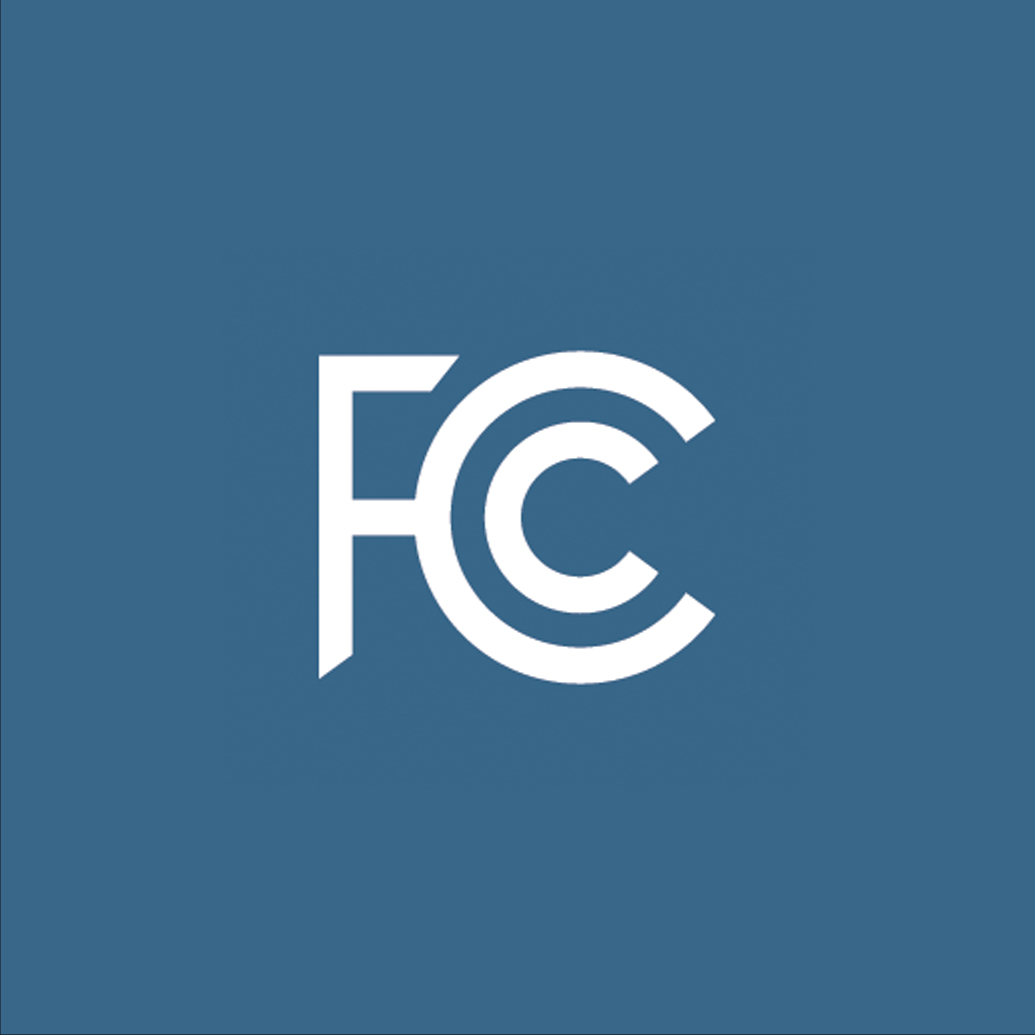The FCC has issued an initial determination order against Veriwave, a company it accuses of originating spam tax robocalls. These calls attempt to gain targets’ personal information under the guise of a “National Tax Relief” program.
The “action moves the company one step closer to facing mandatory blocking” for spam tax robocalls, according to the FCC.
In April, YouMail, a company that provides app-based call protection services, estimated that 15.8 million spam calls using the approach were transmitted in the preceding three month. The Industry Traceback Group and the FCC found that Veriwave originated some of these calls.
The FCC’s initial determination order ordered Veriwave to stop originating spam tax robocalls and to investigate the illegal traffic. The FCC warned Veriwave that failure to comply could lead to a mandatory block by downstream providers. It also issued a K4 Public Notice that notified U.S.-based voice service providers that they may be permitted to stop accepting Veriwave’s traffic.
“Providers must do their part to prevent these junk calls from getting to consumers,” FCC Chairwoman Jessica Rosenworcel said in a statement. “If they don’t, then they will face significant consequences. The FCC is committed to protecting consumers from scam robocalls.”
Veriwave is not the only company that is in trouble. In April, The FCC’s Enforcement Bureau issued a cease-and-desist letter against DigitalPVoice. The letter ordered the company to stop serving as a gateway provider for an “apparently illegal robocall campaign” originating from overseas that vaguely referenced itself as “graduate support.”
Robocalls rise and fall due to many factors. In late June, YouMail reported that robocalls increased 1.7% in May compared to April. The firm said that almost 4.5 billion calls made during the month. The firm pointed out that at least some of the increase was due to May being a day longer than April.



